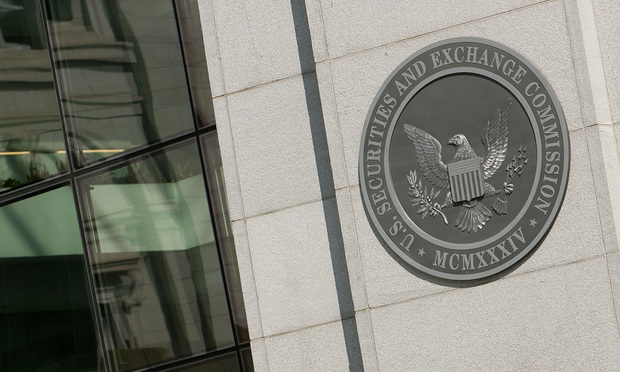In a bit of turnabout, the U.S. Securities and Exchange Commission is having a moment as the entity under the microscope, according to Chip Phinney of Mintz, Levin, Cohn, Ferris, Glovsky and Popeo in a recent blog post. He says the SEC’s plan to bring enforcement actions by way of administrative proceedings—even in insider trading cases—is drawing plentiful criticism and legal challenges.
Just last week, Judge Jed Rakoff of the U.S. District Court for the Southern District of New York publicly questioned this protocol in a speech. Phinney says Rakoff was concerned that “while administrative proceedings may be more efficient for the SEC, they are not subject to the Federal Rules of Evidence and Federal Rules of Civil Procedure, there is no jury, and the SEC has a much higher winning percentage in front of its own administrative law judges than in the federal courts.” The judge also noted that the SEC’s administrative powers were originally limited, but were expanded by the Sarbanes-Oxley Act of 2002 and the Dodd-Frank Act of 2010. Several targets of SEC administrative proceedings have challenged the procedure, claiming they’re a violation of equal protection and due process.
This content has been archived. It is available through our partners, LexisNexis® and Bloomberg Law.
To view this content, please continue to their sites.
Not a Lexis Subscriber?
Subscribe Now
Not a Bloomberg Law Subscriber?
Subscribe Now
LexisNexis® and Bloomberg Law are third party online distributors of the broad collection of current and archived versions of ALM's legal news publications. LexisNexis® and Bloomberg Law customers are able to access and use ALM's content, including content from the National Law Journal, The American Lawyer, Legaltech News, The New York Law Journal, and Corporate Counsel, as well as other sources of legal information.
For questions call 1-877-256-2472 or contact us at [email protected]






